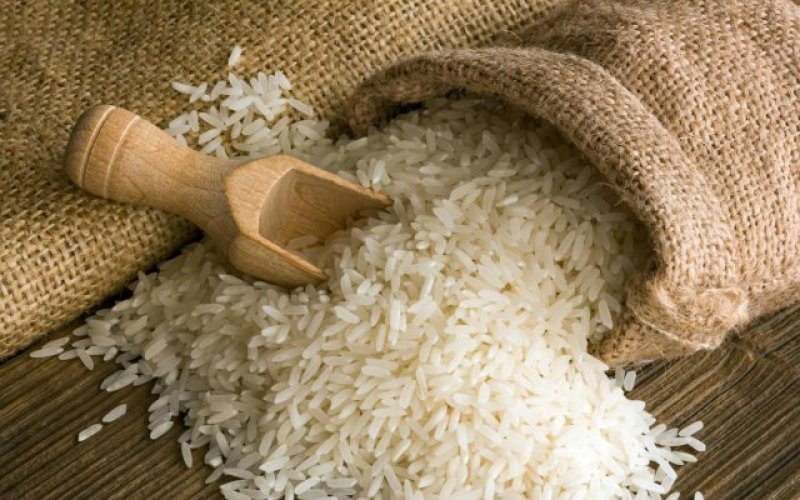Bhubaneswar: Two days after making an announcement on implementation of food security scheme, the state Cabinet headed by Chief Minister Naveen Patnaik Monday approved state’s own Food Security Scheme to cover persons left out under the National Food Security Act (NFSA) 2013.
Addressing a people’s interface programme Ama Mukhya Mantri Ama Katha (Our CM-Our Issues), the Chief Minister Saturday announced a roll-out of the scheme from October 2. The NFSA is being implemented in Odisha since November 2015 under which 3.26 crore people have been covered. However, many eligible persons have not been covered under the Act due to the ceiling limit set by the Centre.
“To cover eligible persons left out of NFSA purview, the state government has decided to implement an Odisha-centric Food Security Act. All poor, distressed and eligible beneficiaries, who have been left out under NFSA benefits will be covered under the scheme,” Chief Secretary Aditya Prasad Padhi told reporters here.
The government will have to spend `17.75 lakh to extend the benefit to over one lakh beneficiaries under the scheme, he said, adding, “As all eligible beneficiaries would be covered under the scheme, no specific target has been set. However, under phase I, we have targeted to bring 25 lakh people under the scheme between October 2 and March 31.”
The state government will provide 5 kilogram rice per head at a cost of Re1 every month, for which the state will have to bear an additional expenditure of `220 crore this year (2018-19), Padhi said.
“The state has a saving of `140 crore, while provision for another `81 crore will be made in the supplementary budget,” he pointed out. In order to select the beneficiaries, the government has fixed 11 inclusion criteria and nine auto-exclusion criteria. The criteria includes households coming under Particularly Vulnerable Tribal Groups (PVTG), without shelter, destitutes living on alms, widow and single women, single disabled persons, transgenders, old people living without support, daily wage labourers, displaced people due to projects and persons suffering from leprosy/HIV/ or other critical diseases.
Cabinet nod to Food Security prog
25 lakh people are expected to benefit in the first phase even as 33.44 lakh were left out from NFSA fold
